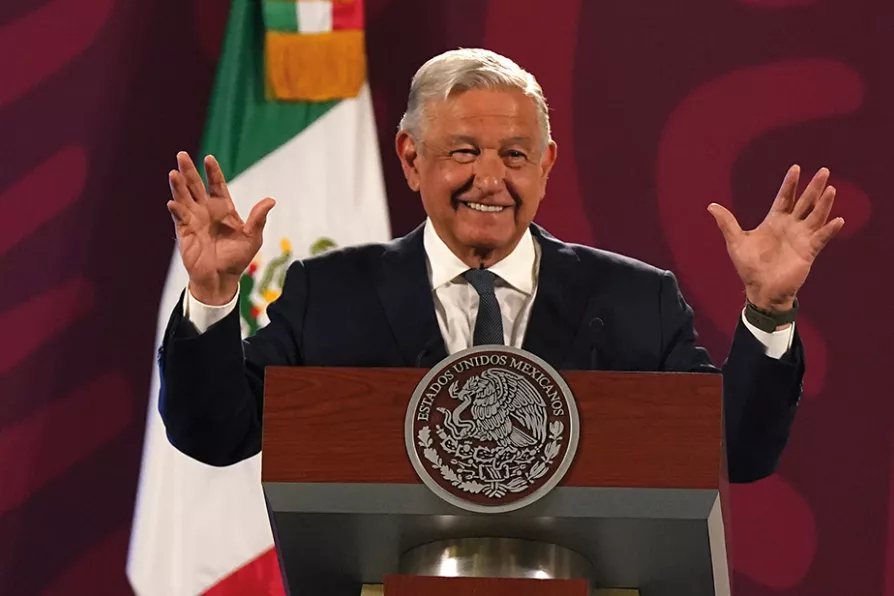John Wojcik pays tribute to a black US activist who spent six decades at the forefront of struggles for voting rights, economic justice and peace – reshaping US politics and inspiring movements worldwide

 Amlo has pushed ahead with projects to regain national sovereignty and build a stronger state
Amlo has pushed ahead with projects to regain national sovereignty and build a stronger state
MEXICO has suffered with the rest of the world from the global crisis of recession and inflation — all the more so given its close ties with the US.
The surprise is that its economic indices are somewhat better than those of its hegemonic neighbour, and the Mexican peso has actually appreciated slightly against the US dollar (19.59 pesos to the dollar on November 2, when a few weeks prior it was 21 pesos to the dollar).
The president of Santander banking group, Ana Botin, declared that Mexico’s anti-inflation strategy was better than that of most European countries.

A November 15 protest in Mexico – driven by a right-wing social-media operation – has been miscast as a mass uprising against President Sheinbaum. In reality, the march was small, elite-backed and part of a wider attempt to sow unrest, argues DAVID RABY

FRANCISCO DOMINGUEZ says the US’s bullying conduct in what it considers its backyard is a bid to reassert imperial primacy over a rising China — but it faces huge resistance

DAVID RABY reports on the progressive administration in Mexico, which continues to overcome far-left wreckers on the edges of a teaching union, the murderous violence of the cartels, the ploys of the traditional right wing, and Trump’s provocations










